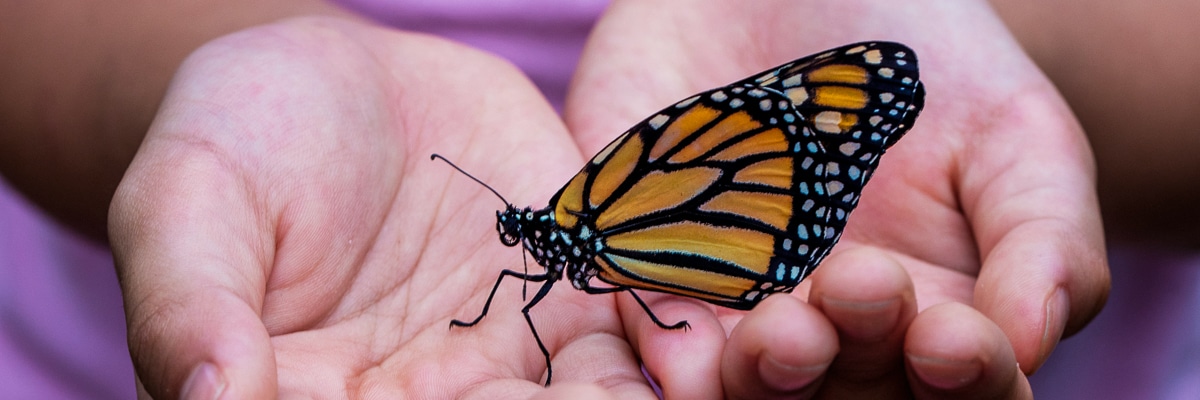
International Day of Peace
Sunday
Practitioners of nonviolence seek to become their truest selves by slowly learning to love all beings, confident that all are kin and that we are called to embody this kinship concretely, especially in the midst of our most difficult and challenging conflicts.
—Ken Butigan
Monday
The Pax Romana creates a false peace by sacrificing others; the Pax Christi waits and works for true peace by sacrificing the false self of power, prestige, and possessions.
—Richard Rohr
Tuesday
Nonviolence is the use of power to try to resolve conflicts, injuries, and issues in order to heal and uplift, to solidify community, and to help people take power into their own hands and use their power creatively.
—James Lawson
Wednesday
The inner peace of which I speak is not simply being nice, or being passive, or permitting oneself to be trampled upon without protest. It is not passive nonviolence, but the nonviolence of courageous action.
—Jean Zaru
Thursday
Active nonviolence begins with the truth that all life is sacred, that we are all children of the God of peace, and so we could never hurt or kill another human being, much less remain silent while wars rage, people die in poverty, and nuclear weapons and environmental destruction threaten us all.
—John Dear
Friday
When we are hurt, we want to hurt back. This is our ego’s natural defense mechanism. Through prayer and contemplation, we change from the inside—from a power position to the position of vulnerability and solidarity, which gradually changes everything.
—Richard Rohr
Practicing Nonviolence
Week Thirty-Eight Practice
Franciscan peacemakers Rosemary Lynch and Alain Richard have identified ten “commandments” for those seeking to live a spiritual life of nonviolence. They call it “The Decalogue for a Spirituality of Nonviolence”:
Active nonviolence calls us:
- To learn to recognize and respect “the sacred” in every person, including in ourselves, and in every piece of Creation….
- To accept oneself deeply, “who I am” with all my gifts and richness, with all my limitations, errors, failings and weaknesses, and to realize that I am accepted by God….
- To recognize that what I resent, and perhaps even detest, in another, comes from my difficulty in admitting that this same reality lives also in me….
- To renounce dualism, the “we-they” mentality (Manicheism). This divides us into “good people/bad people” and allows us to demonize the adversary. It is the root of authoritarian and exclusivist behavior. It generates racism and makes possible conflicts and wars.
- To face fear and to deal with it not mainly with courage but with love.
- To understand and accept that the New Creation, the building up of the Beloved Community is always carried forward with others. It is never a “solo act.”…
- To see ourselves as a part of the whole creation to which we foster a relationship of love, not of mastery, remembering that the destruction of our planet is a profoundly spiritual problem, not simply a scientific or technological one. We are one.
- To be ready to suffer, perhaps even with joy, if we believe this will help liberate the Divine in others. This includes the acceptance of our place and moment in history with its trauma, with its ambiguities.
- To be capable of celebration, of joy, when the presence of God has been accepted, and when it has not been to help discover and recognize this fact.
- To slow down, to be patient, planting the seeds of love and forgiveness in our own hearts and in the hearts of those around us. Slowly we will grow in love, compassion and the capacity to forgive.
Reference:
Rosemary Lynch and Alain Richard, “The Decalogue for a Spirituality of Nonviolence,” in From Violence to Wholeness: A Ten Part Program in the Spirituality and Practice of Active Nonviolence, Ken Butigan with Patricia Bruno (Las Vegas, NV: Pace e Bene Franciscan Nonviolence Center, 1999), 18.
Image credit and inspiration: David Clode, untitled (detail), 2018, photo, Australia, Unsplash. Click here to enlarge image. Like a butterfly in open hands, peacemaking requires the humility of opening our hearts to the delicate dance of co-creating a just peace.




